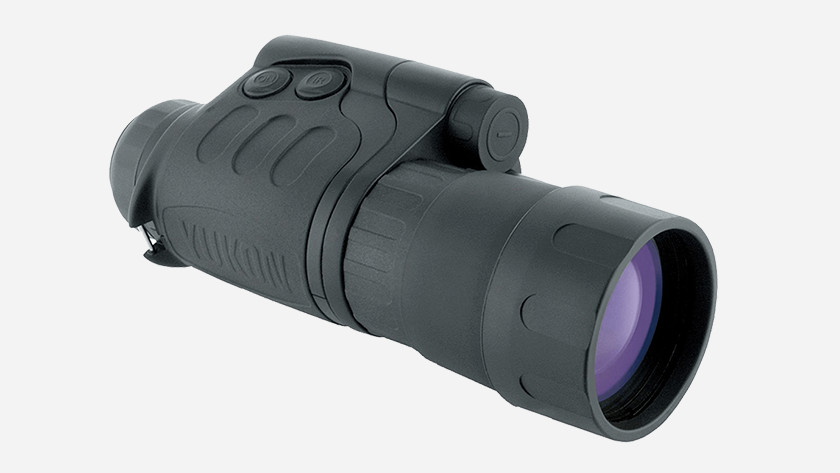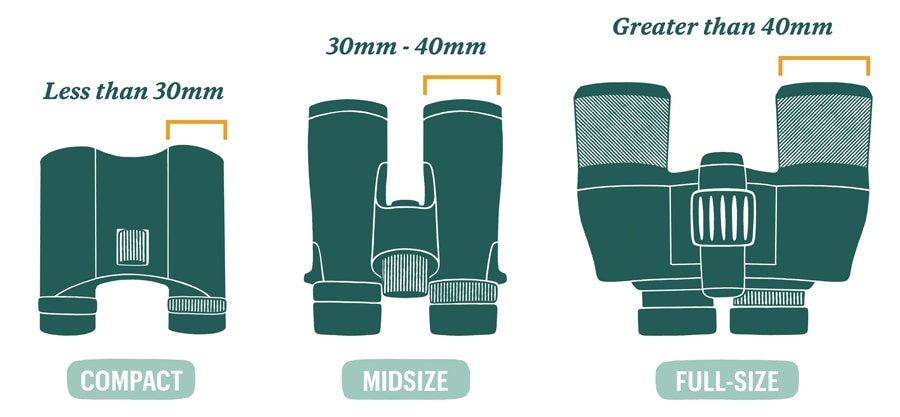The Importance of Field Glasses in Education And Learning and Scientific Research: Exactly How These Optical Instruments Add To Discovering and Exploration
The integration of field glasses into academic setups and clinical research study is commonly forgotten, yet their contribution to boosting empirical skills is significant. These tools connect the gap in between theoretical ideas and useful application, allowing trainees and scientists alike to engage with their atmospheres in a concrete way. In techniques varying from environmental science to astronomy, field glasses act as important devices that advertise query and vital reasoning. However, the wider effects of these optical devices on discovering results and scientific exploration warrant additionally exam, particularly as we consider their possible in shaping future scientific endeavors.
Enhancing Observational Skills
In instructional and research study settings, making use of field glasses significantly improves empirical skills amongst pupils and professionals alike. These optical tools promote a deeper understanding of distant topics, making it possible for individuals to observe information that would or else continue to be undetected. By employing binoculars, learners can check out wild animals, astronomical sensations, and geological developments, promoting a more extensive connection to the subject matter.
Field glasses function as necessary devices in area researches, encouraging pupils to engage proactively with their atmosphere. Through enhanced observation, they can collect data better, causing boosted logical skills. This hands-on experience permits for the development of critical reasoning, as pupils should interpret what they see and connect it to academic expertise.

Bridging Theory and Method
Observational abilities created with using binoculars naturally result in a much more profound assimilation of theoretical knowledge with functional application. By taking part in direct observation, students can transform abstract principles into concrete experiences. This synergy cultivates a much deeper understanding of scientific concepts as pupils attach theoretical structures with real-world sensations.
For instance, when studying avian biology, students can apply their understanding of bird composition and habits via the lens of field glasses, observing attributes such as plumage variant, feeding behaviors, and migratory patterns. This straight interaction not only strengthens theoretical ideas however also cultivates crucial reasoning and analytical skills.
In addition, using binoculars urges students to create hypotheses based on their observations, thus boosting their scientific inquiry skills. They can actively evaluate these theories in the area, causing a much more experiential knowing atmosphere that advertises curiosity and exploration.
In essence, field glasses act as a crucial device in linking the gap in between classroom discovering and fieldwork - Binoculars. They encourage trainees to end up being active participants in their education, encouraging a holistic technique to recognizing the environment and its intricacies. Hence, the integration of theory and technique is vital for cultivating educated and engaged students
Applications in Environmental Science
Utilizing field glasses in ecological visit this website science improves the capacity to observe and assess communities with greater precision. These optical instruments are vital for performing area researches, allowing researchers to keep track of wild animals populations, assess plant health and wellness, and review environment problems without disturbing the natural surroundings. Field glasses assist in the recognition of types at different distances, permitting researchers to collect essential data on biodiversity and habits.
In environmental research, binoculars are important tools for ornithologists studying avian habits and movement patterns. They make it possible for researchers to tape observations over extended periods, adding to useful longitudinal studies - Binoculars. Additionally, field glasses play an essential duty in habitat assessments, as they enable the thorough monitoring of plant areas and their communications within ecological communities
Ecological instructors additionally benefit from field glasses, as these tools boost experiential knowing chances. Trainees can involve directly with their surroundings, fostering a deeper admiration for eco-friendly systems. By integrating field glasses into curricula, trainers can inspire the following generation of ecological researchers.
Role in Astronomy Education
The usage of field glasses in astronomy education and learning gives an accessible entrance for pupils and enthusiasts to discover holy phenomena (Binoculars). Unlike huge telescopes, binoculars are mobile, straightforward, and reasonably economical, making them a suitable introductory device for observing the evening skies. Trainees can easily engage with the cosmos, promoting a hands-on understanding experience that enhances their understanding of astronomical ideas
Field glasses enable users to observe a variety of celestial things, including the Moon, planets, and galaxy. This access encourages exploration and observation, essential parts of scientific inquiry. Pupils can establish crucial skills such as information collection, observation methods, and also fundamental astrometry. Importantly, binoculars function as a bridge to extra intricate expensive instruments, supplying fundamental experiences that can trigger much deeper interest in the area.
In academic setups, assisted binocular sessions can promote team partnership and discussion, boosting the discovering experience. The shared experience of observing holy bodies can cultivate a feeling of neighborhood among students. Overall, field glasses play an important role in debunking astronomy, making it approachable and interesting for individuals in all levels of education and learning.

Inspiring Inquisitiveness and Inquiry
Binoculars not just facilitate the observation of holy sensations but likewise spark a feeling of interest and inquiry among pupils. By providing a closer consider far-off things, field glasses encourage students more tips here to ask concerns and explore the atmosphere around them. This device transforms easy understanding right into an active, interesting experience, cultivating a much deeper understanding of scientific principles.
When students use binoculars to observe wild animals, landscapes, or huge objects, they establish empirical skills that are important for clinical query. The act of concentrating on certain information triggers them to create hypotheses, conduct examinations, and reason based upon their observations. This procedure not just improves their crucial thinking abilities however additionally supports a lifelong enthusiasm for exploration.
Moreover, field glasses can link the space between academic knowledge and real-world application. Eventually, the use of field glasses in educational settings offers as a stimulant for inquisitiveness, encouraging trainees to seek understanding with interest and fostering a feeling of wonder about the globe around them.
Verdict
In summary, binoculars offer as crucial tools in education and learning and scientific study, substantially enhancing observational skills while bridging the void in between theoretical knowledge and sensible application. Their varied applications in fields such as environmental scientific research and astronomy emphasize their relevance in promoting inquisitiveness and query among pupils. By promoting comprehensive exams of distant subjects, field glasses not just motivate the future generation of browse around these guys scientists however also cultivate an extensive gratitude for exploration and the scientific approach.